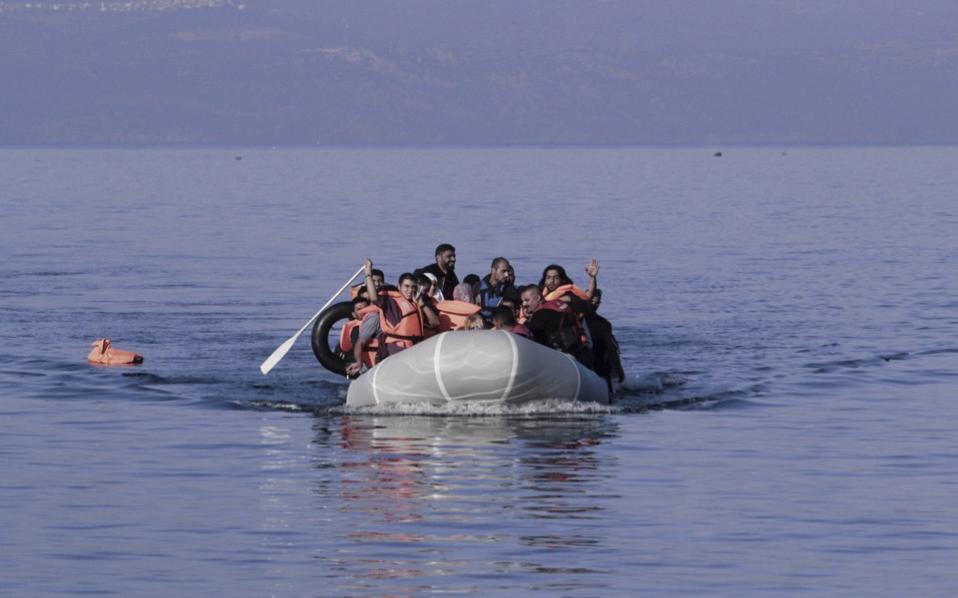Greece bracing for pressure at emergency summit

Athens is heading to this Sunday’s emergency ‘mini-summit’ of EU leaders in Brussels on migration with two key demands: that its conclusions include a specific reference to a more progressive common asylum system, and that countries of first arrival receive the means and staff to expedite the examination of applications.
Moreover, Greece appears ready to join forces with other EU countries to push for a more dynamic policy of returns of illegal migrants and refugees to their countries of origin.
Athens reckons that the summit’s timing has more to do with the intense political pressure brought to bear upon German Chancellor Angela Merkel, rather than to an aggravation of the problem.
As a result, it expects that Merkel will, in turn, apply pressure on countries of first arrival, like Greece, Italy and Malta, to sign bilateral agreements with Berlin so that all migrants and refugees that are registered in those countries can be quickly returned.
The countries that will bear the brunt of these agreements are almost certain to receive financial assistance.
In addition, Athens expects extensive discussions about the type of mechanisms deployed to control borders.
Furthermore, EU leaders are mulling the signing of agreements with Libya and Tunisia, similar to the one with Turkey, to stem the flow of migrants into Europe from the shores of North Africa.
The initiative to set up centers in non-EU countries like Albania to house migrants and refugees whose asylum applications have been rejected will also be on the table.
As for the situation in Greece, Deputy Migration Minister Yiannis Balafas predicted that it will not improve by the end of the year. He said that it will be difficult to predict the volume of migrant flows to Greece, which could increase at any moment.
Meanwhile, the number of refugees, asylum seekers and people with no citizenship in Greece came to 58,000 in early June, according to figures released by the Greek chapter of the United Nations High Commission for Refugees (UNHCR) on Wednesday.





